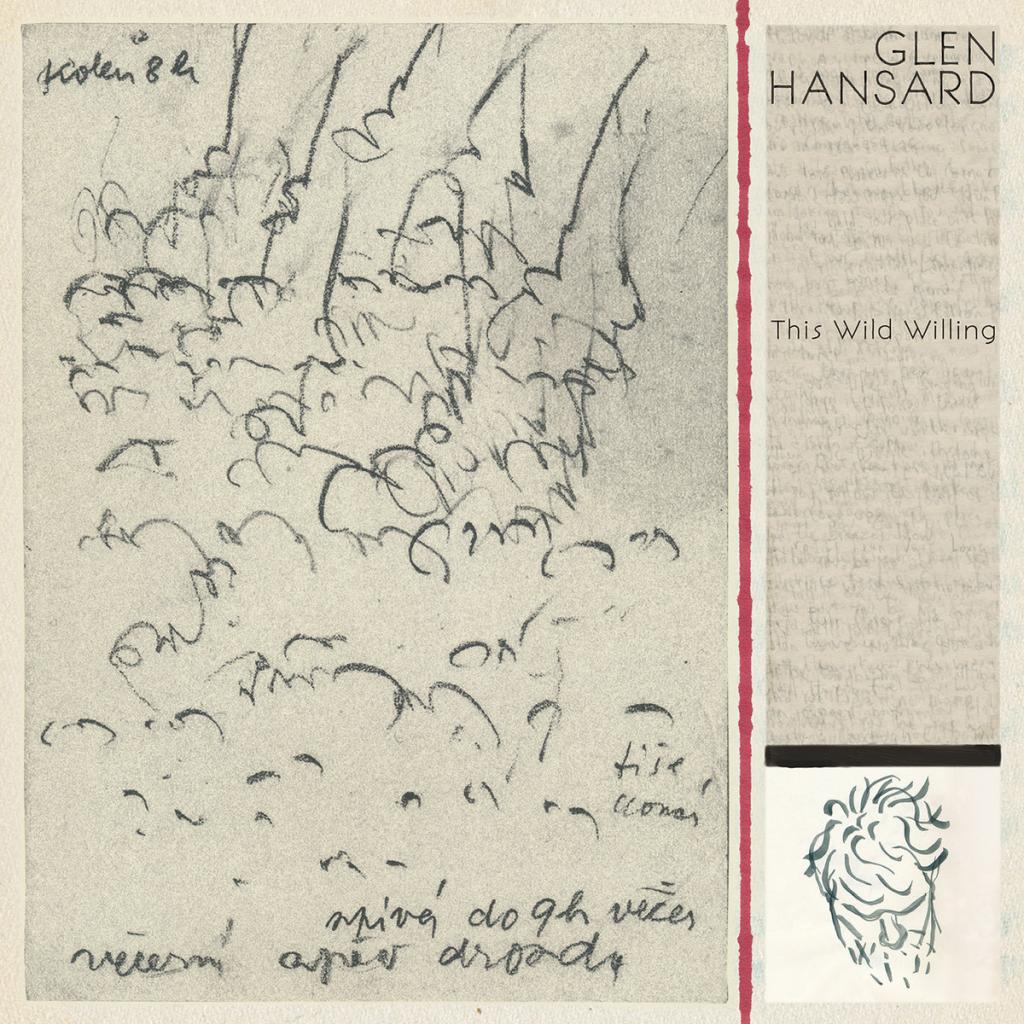Improvisational Spirit Informs Glen Hansard’s ‘This Wild Willing’

You certainly get your money’s worth from singer-songwriter Glen Hansard’s new album This Wild Willing. At an hour and five minutes it is a good 20-25 minutes longer than most albums — with five songs over six minutes, two of which are at an almost shoe-staring seven plus.
One reason may be that the album is the result of improvisation, which often lends itself to longish themes and ill discipline. It is not improvisation per se, but developed from that.
Meeting in France’s Black Box studios, Hansard, Joe Doyle (bass), Javier Mas (Spanish guitar), Dublin electronic musicians Deasy and Dunk Murphy, and a host of others took some musical ideas and let them run.
“This collection of songs is mainly made up of those that came through while improvising and following the melodic lines and threads,” Hansard says. “Sometimes when you take a small musical fragment and you care for it, follow it, and build it up slowly, it can become a thing of wonder.”
Does it work? That sort of depends. Yes, if you are willing to sit and listen relatively intently to the songs; no, if you are after some catchy background music to work or drive to.
It takes time to appreciate it because it grows on you rather than hits you in the face. It is subtle.
Consider the track “Don’t Settle.” It starts with gentle piano and low-key singing, then builds into a crazed orchestral finale that just stops. Period.
Recorded elsewhere, it may not have come from improv — but it certainly feels like it.
The same could be said for “Fool’s Game,” which kicks off with Hansard in his most harmonic neo-folky mood: “It’s a fool’s, fool’s game / When you’ve nothing but a heart to break.”
It is all fairly routine, but then there is a wonderful surprise. Iranian singer Aida Shahghasemi comes in with one of those haunting airs that makes you stop what you are doing and shiver. All too short, sadly.
There is, indeed, an Iranian element throughout the album that makes it different. It comes primarily through the Khoshravesh brothers — Pouya, Mani, and Nima — a classically-trained Paris-based trio who use ney flutes and stringed instruments such as the kamancheh to great effect.
Their work is particularly noticeable on “Closing Door,” where they come in about halfway through and take it away, as they say.
But again, it is subtle, melding easily with the rest of the eclectic orchestration, which runs from pianos to banjos, bouzoukis, and a Moog.
Add Hansard’s gentle, sometimes monotone voice and the overall impact is dream-like, even soporific.
Put it on, pour a brandy, and sit back.




